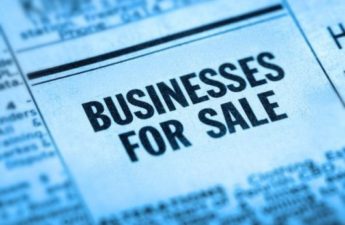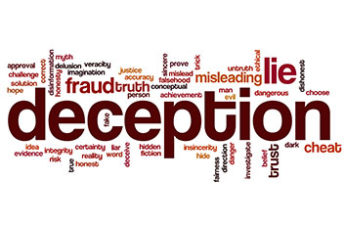What do Buyers specifically look for when buying a business? Or stated another way, what factors affect business value? What increases or decreases business value? There are many things that affect business value. Some may be obvious others not so much. But all will require that you, the business owner, pay attention to them. Here are seven factors to consider. 1) Poor Quality Financials. Having poorly prepared financial statements means the Buyer may not know what he/she is buying. And there may be hidden problems in the company. It is best to have independently audited financial statements that do not…
Category: Business Valuation
How Do Buyers Value a Business? (Danger: Wonkish)
The overriding theme of business valuation for Mergers & Acquisitions is that anything that increases Cash Flow increases the value of the business. Cash Flow (not profits) is the most important factor. The methods listed are for established businesses with ongoing revenues. Valuing startups is another thing entirely. The specific technique used to value a business can vary, and the use of any depends on what the buyer prefers. But here are some common ones. Smaller businesses bought by an owner/operator tend to be valued based on: a multiple of Seller’s Discretionary Cash Flow (Owner’s Salary & Benefits + EBITDA…
M&A Metrics Q1 2022
Alteris LLC tracks Mergers & Acquisitions (M&A) generalized valuation and other trends/metrics from its various partners and research sources. We will periodically report on what we find here. For more detailed information on valuations and M&A trends contact us directly. Please note that this information is a summary of many different types of companies of various sizes in a variety of industries. The specific valuation for any individual company, for your business, may and probably will vary greatly. Each company and set of circumstances is unique and must be considered individually. This data is collected from various sources and includes…
How Much Is That Investment Worth?
An individual made a $28,000 investment into an oil and gas company. The majority shareholder was a childhood friend. Ten years later, the company offered to buy out the investor’s approximately 6% ownership in the company for $6.5 million. The investor accepted the offer and thought he made a phenomenal return. But things are not always as they seem. Two years later, the company was sold for $2.6 billion. Of course, the investor sued for fraud during the time the offer was extended and accepted. A jury found in favor of the investor with a judgment for the investor of…
Mergers & Acquisition Trends as of Feb 2022 for 2021 Q4
Alteris LLC tracks Mergers & Acquisitions (M&A) valuation and other trends/metrics from its various partners and research sources. We will periodically report on what we find here. For more detailed information on valuations and M&A trends contact us directly. Please note that this information is a summary, generalized for many different types of companies of various sizes. This data is collected from various sources and includes proprietary deal information from over 200 PEGs (Private Equity Groups) on $10-250mm sponsored transactions, with an average TEV near $50mm. The information is available as of February 2022 and covers the fourth quarter of…
Business Valuation: Standard of Value is an Important Assumption
The Standard of Value is probably the most basic assumption of a business valuation and affects the result. It allows the valuator to design the valuation report to fit the needs of the users of the appraisal or valuation. There are different Standards of Value used by business valuators, A note – the different valuation certification organizations sometimes use either the term “valuation/valuator” or “appraisal/appraiser.” For the average person, the terms valuation and appraisal are interchangeable. However, some like to say a “valuation” is for business interests and “appraisal” is for real estate. I use the term valuation. Though I…
What are Off-Balance Sheet Items?
Off-balance sheet items are those assets or liabilities that are not reported in the company’s financial statements. They are not on the balance sheet. Off-balance sheet items are often not obvious. If a seller does not disclose these items at the beginning of the business sale process, the buyer’s confidence in the seller will be shaken when they are disclosed during due diligence. During a business valuation for tax (and other) purposes, one of my standard questions to the business owner is if there are any Off-Balance sheet items. The seller needs to be transparent with a buyer early in…






